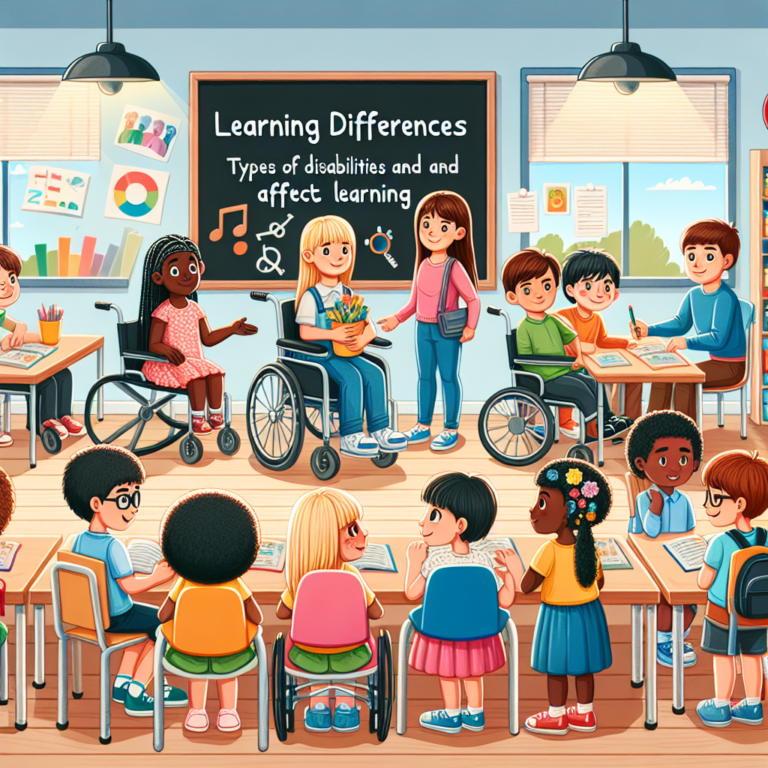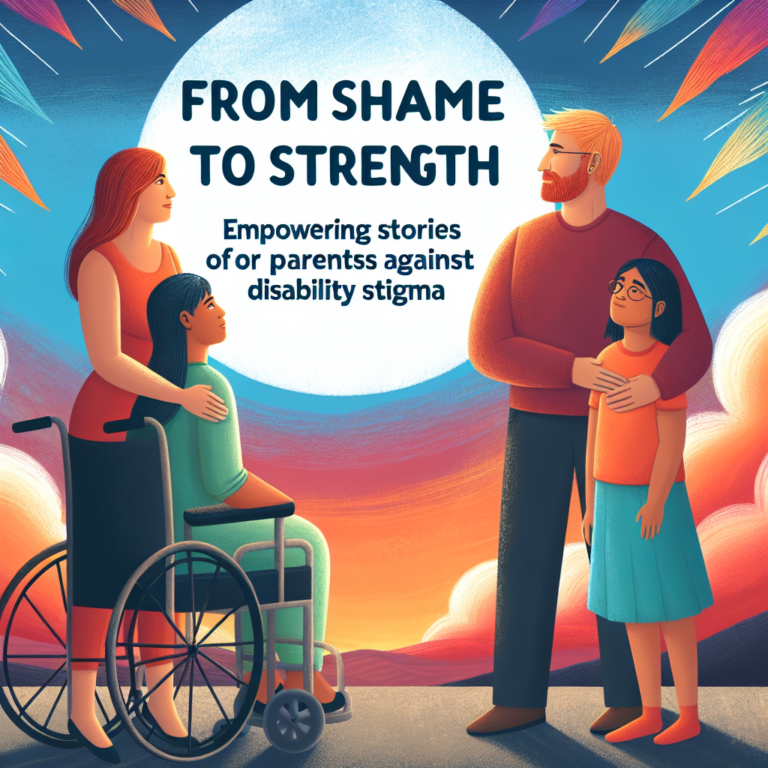
Introduction
In today’s fast-paced and increasingly digital world, the importance of authentic connections cannot be overstated. Loneliness is at an all-time high, and many individuals find themselves longing for deeper relationships. This longing often leads us to a surprising but transformative realization: Embracing Emotional Vulnerability: The Key to Authentic Connections. By allowing ourselves to be vulnerable, we open the door to genuine interactions that foster trust, empathy, and understanding.
In this article, we will explore why emotional vulnerability is essential not only for personal relationships but also for professional settings. By sharing riveting real-world examples and data-driven insights, we aim to guide you on your journey to building meaningful connections. Let’s delve into the heart of what it means to embrace emotional vulnerability and how it can revolutionize the relationships in your life.
The Essence of Emotional Vulnerability
Understanding Emotional Vulnerability
Emotional vulnerability is often misunderstood. Many people equate it with weakness or exposure, believing that it makes them susceptible to harm. In reality, embracing emotional vulnerability is about courage and authenticity. It involves expressing our true feelings, fears, and desires without the façade of perfection or strength.
According to Brené Brown, a renowned researcher on human connection and vulnerability, embracing emotional vulnerability is essential for building connections with others. Vulnerability is not a sign of weakness but rather an emblem of strength, signaling our willingness to be seen and heard.
Table 1: Key Differences Between Vulnerability and Weakness
| Vulnerability | Weakness |
|---|---|
| Openness to emotional experience | Inadequacy or inability |
| Willingness to engage with others deeply | Fear of failure or ridicule |
| Courage to express feelings | Avoidance of challenging situations |
| Foundation for trust and connection | Source of self-doubt and insecurity |
The Science Behind Vulnerability
Studies have shown that when individuals embrace emotional vulnerability, they activate certain regions of the brain associated with emotional regulation and connection. Research published in the Journal of Personality and Social Psychology indicates that expressing vulnerability can lead to increased feelings of trust and intimacy in relationships.
Additionally, people who practice emotional vulnerability report higher levels of life satisfaction and lower levels of anxiety. When we allow ourselves to be vulnerable, we are embracing our authentic selves, which naturally attracts others who appreciate genuineness.
The Benefits of Embracing Emotional Vulnerability
Building Deeper Connections
When we choose to be open and vulnerable with others, we create a space for genuine connections. Authentic relationships are built on trust, and trust is cultivated through shared vulnerability. Sharing personal experiences, fears, and even failures fosters a deeper sense of intimacy, allowing us to relate to one another on a more profound level.
Case Study 1: The Power of Sharing Stories
In 2018, a community initiative in Boston called "StoryCorps" emphasized the importance of sharing personal stories to connect individuals. Participants recorded and shared their own life experiences, which often included painful or difficult moments. The results showed an increase in empathy and understanding among community members. This initiative illustrated how embracing emotional vulnerability can break down barriers and lead to profound connections.
Enhancing Emotional Intelligence
Embracing emotional vulnerability aids in the development of emotional intelligence (EQ), which is the ability to understand and manage our own emotions and those of others. Higher EQ is associated with better leadership skills, improved relationships, and greater resilience. When we engage with our emotions and express them to others, we enhance our ability to empathize and respond to the emotions of those around us.
Effective Communication
Vulnerability improves communication by encouraging openness and honesty. When people feel safe to express their emotions, it leads to more meaningful exchanges. In professional settings, emotionally intelligent teams often outperform their counterparts because they communicate more effectively.
Table 2: How Vulnerability Enhances Communication Skills
| Aspect | Impact of Vulnerability |
|---|---|
| Honesty | Encourages openness and transparent dialogue |
| Trust | Builds a safe space for candid interactions |
| Conflict Resolution | Facilitates constructive conversations |
| Collaboration | Fosters teamwork and collective problem-solving |
Overcoming the Fear of Vulnerability
Common Misconceptions
The fear of being vulnerable often stems from misconceptions. Many believe that showing vulnerability will lead to rejection, judgment, or emotional pain. In reality, opening up can often strengthen relationships. It takes courage to embrace vulnerability, but the rewards are immense.
Strategies to Embrace Vulnerability
Start Small: Begin by sharing small, personal anecdotes with trusted friends or family members. Gradually increase the depth of your sharing as you become more comfortable.
Practice Self-Compassion: Accept that it’s okay to be imperfect. Self-compassion fosters emotional resilience and allows you to express your vulnerabilities without fear.
Seek Support: Joining support groups or engaging in therapy can provide safe spaces to explore your vulnerabilities. Professional guidance can help you navigate your feelings and articulate them more effectively.
- Acknowledge Your Emotions: Take the time to identify and label your emotions. Journaling or practicing mindfulness can assist you in understanding your feelings before sharing them with others.
Case Study 2: The Business Case for Vulnerability
In a 2020 study conducted at Harvard Business School, researchers found that companies fostering a culture of vulnerability reported higher employee engagement and lower turnover rates. Leaders who encouraged transparency and vulnerability saw their teams become more cohesive and innovative. Employees felt more valued, leading to increased productivity and satisfaction.
The Role of Vulnerability in Different Contexts
In Personal Relationships
Within personal relationships, emotional vulnerability fosters intimacy and deepens bonds. Couples who communicate their fears, dreams, and insecurities build stronger foundations for their relationships.
In Professional Settings
Embracing vulnerability in the workplace can be transformative for teams and organizations. Leaders who model vulnerability create environments where employees feel safe to express their ideas and concerns, thus encouraging innovation and collaboration.
Table 3: Vulnerability in Various Contexts
| Context | Benefits | Examples |
|---|---|---|
| Personal Relationships | Increased intimacy and trust | Sharing fears and dreams with a partner |
| Workplace | Enhanced teamwork and creativity | Open discussions about challenges or failures |
| Community | Stronger social support networks | Sharing personal stories in community events |
In Mental Health
Embracing emotional vulnerability plays a significant role in mental health. People who express their feelings and seek help tend to experience lower levels of anxiety and depression. The act of voicing one’s struggles can provide relief and pave the way for healing.
Conclusion
Embracing Emotional Vulnerability: The Key to Authentic Connections underscores the importance of being open and honest in our relationships. By allowing ourselves to be vulnerable, we create opportunities for deeper connections, enhance our emotional intelligence, and improve communication both personally and professionally.
So how do we take actionable steps toward this transformative practice? Start by acknowledging your fears and gradually pushing past them. Remember that vulnerability is not a weakness; it is a profound strength that can lead to richer, more fulfilling relationships.
You are not alone in your feelings. We all share the human experience of longing for connection and understanding. By embracing your emotional vulnerability, you hold the key to unlocking the love, intimacy, and trust that we all desire.
FAQs
What is emotional vulnerability?
- Emotional vulnerability refers to the willingness to share one’s feelings, thoughts, fears, and uncertainties with others. It is an essential component of authentic relationships.
How can I start being more vulnerable?
- Begin by sharing small personal experiences with trusted individuals, practice self-compassion, and seek safe spaces like therapy or support groups.
Can vulnerability really help in professional relationships?
- Yes! Embracing vulnerability in the workplace can enhance teamwork, foster innovation, and create a more positive work environment.
Why do people fear vulnerability?
- Many fear vulnerability due to misconceptions, such as the belief that it leads to rejection or judgment. However, embracing vulnerability often strengthens connections and builds trust.
- Is emotional vulnerability the same as weakness?
- No, emotional vulnerability is about courage and authenticity. It signifies strength and a willingness to engage in deeper, more meaningful relationships.
Through our exploration of embracing emotional vulnerability, we hope to inspire a new mindset that empowers individuals to reach for authentic connections that enrich lives beyond measure.













